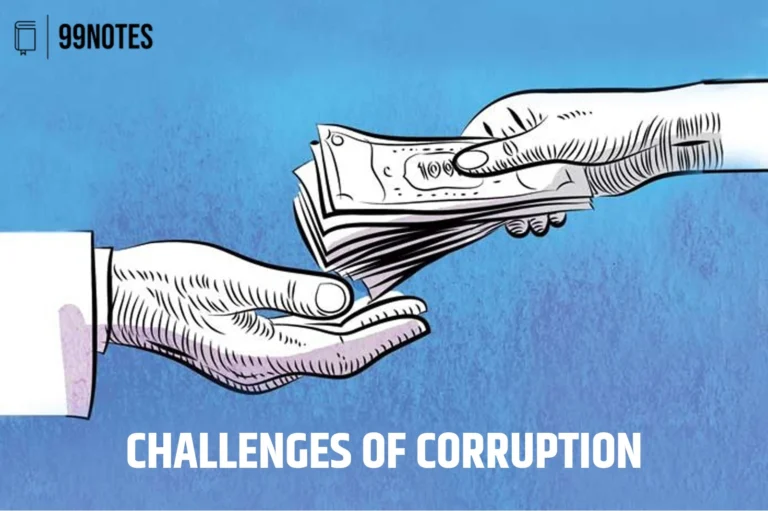Thought Police
Thought Police
(Source: Page 8, The Indian Express)
| Topic:GS2: Governance – Role of the Police, Fundamental Rights GS4: Ethics – Freedom of Expression, Integrity in Public Life |
| Context |
|
Background –
-
Operation Sindoor was a military action launched by India following the Pahalgam terror attack in April 2025.
-
The professor’s social media posts highlighted strategic dimensions and ethical concerns regarding war rhetoric.
-
FIRs were filed based on complaints from political leaders, despite the posts being analytical and patriotic.
Misuse of Legal Provisions:
-
Arrest was made under harsh sections, similar to sedition laws used in recent years to silence dissent.
-
Legal instruments meant to safeguard national security are increasingly being weaponized against critique.
Threat to Academic Freedom:
-
Institutes of higher education must remain spaces of critical inquiry and debate.
-
The editorial points to a trend where critical reflections are criminalized, particularly in BJP-ruled states.
Ethics of Dissent and National Interest:
-
Professor’s statements were balanced and highlighted India’s restraint and constitutional values.
-
Arrest reflects shrinking space for ethical dissent, even when rooted in patriotism and strategic reasoning.
Judicial Intervention:
-
The Supreme Court has agreed to hear the professor’s petition urgently.
-
This reflects the importance of judicial safeguards in defending constitutional freedoms.
Conclusion/Way Forward
-
There must be clear guidelines on applying national security laws to prevent misuse against critics.
-
Academic and journalistic expression should be protected unless it incites violence or violates public order.
-
Strengthening institutional checks on police actions and ensuring judicial oversight is key to preserving democracy.
-
Promotion of constitutional morality and pluralism in public discourse is essential for national integrity.
| Practice Question: Discuss the ethical and constitutional implications of using national security laws to curb dissent in academic and public spheres. Suggest safeguards to protect freedom of expression in a democracy. (250 words, 15 marks) |

